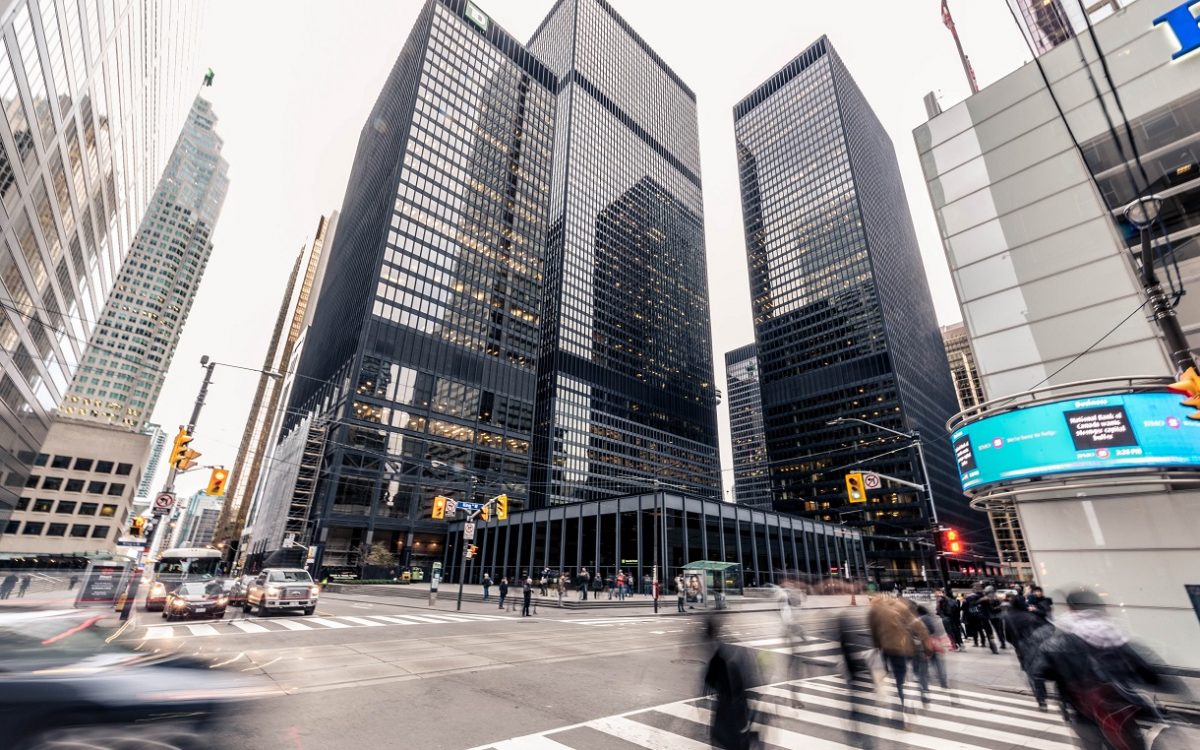The plaintiff was injured in an assault by two unidentified assailants in the stairwell of a municipal parking garage. The City and the security company argued that they were not liable to the plaintiff for his injuries. Justice Turnbull held that the City and the security company were not liable. He held that the City and security company had a duty of care to the plaintiff, and that both breached the standard of care (there was evidence that police had to be called to the parking garage on almost a weekly basis). However, he concluded that the breaches by the City and the security company were not the cause of the plaintiff’s loss. The assault occurred in such a tight time frame that even if all proper steps to fulfill the duties of care, the assault would not have been prevented. There was no evidence that security guards could have responded in time even if security cameras were present in the stairwell.



